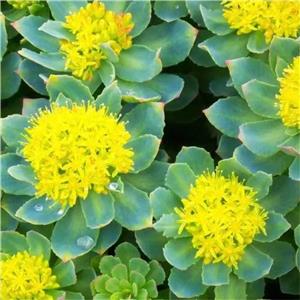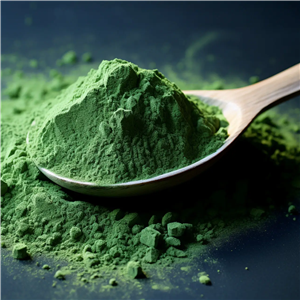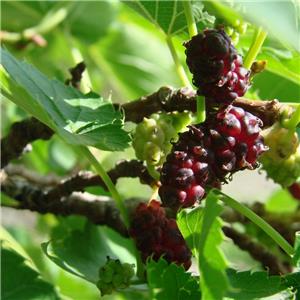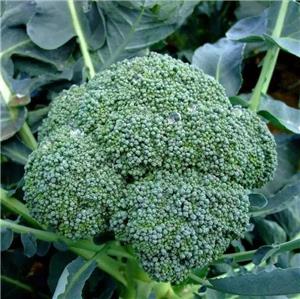What are the benefits of quercetin?
Quercetin is a pigment found in many plants, fruits, and vegetables. It may have some health benefits and help prevent a range of conditions.
People can get quercetin through a balanced diet or by taking a supplement.
This article details the possible benefits of quercetin. It also looks at the potential side effects.

Quercetin is a flavonol, which is a sub-category of flavonoids.
Flavonoids are a particular chemical in plants, called phytonutrients, and have a wide range of health benefits.
Humans cannot make quercetin in their body, but many fruits, vegetables, and drinks contain it.
Foods and drinks that contain quercetin include:
Quercetin is also present in herbal remedies, such as ginkgo biloba and St John’s wort. People can also take quercetin as a supplement.
Quercetin is one of the most common and well-researched flavonoids.
Possible health benefits of quercetin include:
1. Fighting free radicals
Quercetin has antioxidant properties.
Antioxidants work to protect the body from free radicals. Free radicals are unstable molecules in the body that can increase the risk of disease and quicken aging.
Many different factors can contribute to more free radicals, including:
pollution
cigarette smoke
radiation
chemical toxins
greenhouse gases
Quercetin is a
2. Reducing inflammation
Inflammation is the body’s natural response to stress and injuries and usually helps the body heal. However, chronic inflammation can be harmful to the body and may contribute to certain health conditions.
However, quercetin might help reduce inflammation.
Results from human studies have provided mixed results, however. While
3. Reducing the risk of cancer

Quercetin may contain anticancer properties that might help prevent the spread of cancerous cells and tumor growth.
A 2015 report found that quercetin restricted the growth of prostate cancer cells in mice and rats.
A 2018 in vitro study indicated that quercetin showed promise in both the treatment and prevention of prostate cancer. In vitro means the researchers performed the experiment outside of a living thing, for example, in a test tube.
Researchers still need to find out more about the anticancer properties of quercetin in humans and to ensure the body can absorb high doses of quercetin effectively.
4. Preventing neurological diseases
Quercetin may help to prevent neurodegenerative diseases, such as Alzheimer’s or Parkinson’s disease.
Oxidative stress contributes to the development of neurodegenerative diseases. Oxidative stress occurs when there is an imbalance of free radicals in the body. The antioxidant properties of quercetin may help fight free radicals.
Research on rats showed that quercetin could protect against oxidative stress. It also showed quercetin could protect against the toxic effect of certain metals on the nervous system.
5. Relieving allergy symptoms
These anti-allergy properties indicate that quercetin might help treat bronchitis and asthma.
6. Preventing infections
Quercetin has antibacterial properties, which are effective against almost all types of bacteria, particularly those linked to:
stomach and intestines
skin
respiratory
urinary
Quercetin, along with other flavonoids, might help fight off viruses, such as:
adenovirus
herpes simplex virus
7. Reducing the risk of heart disease
Diet plays an essential role in reducing the risk of cardiovascular diseases, such as heart disease and strokes. Because fruit and vegetables contain flavonoids, eating more of them can reduce the risk of these diseases.
Quercetin
8. Lowering high blood pressure
According to a 2016 study by the American Heart and Stroke Association, taking quercetin supplements could be an effective way to reduce blood pressure.
Other research showed that people who were overweight and took a quercetin supplement of

People can get quercetin through their diet by eating a range of fruit and vegetables each day.
Onions have the highest level of quercetin compared to other tested produce, containing approximately 300 mg per kilogram.
If people take quercetin as a supplement, the most common dose is
Supplements may also include other substances, such as bromelain or vitamin C, which may help the body absorb quercetin more effectively.
The natural antioxidants found in fruits and vegetables can be very beneficial when consumed as part of a balanced and nutritious diet.
The United States Food and Drug Administration (FDA) class quercetin as a generally safe substance.
Some people reported minor side effects when taking high doses of quercetin, such as 1,000 mg per day, long-term.
Side effects may include:
nausea
tingling sensations
Quercetin may interact with some medications, so people should ask their doctor before taking a supplement.
Quercetin is a flavonoid found in fruit and vegetables. It has a wide range of benefits, which people can get by including a variety of fruit and vegetables in their diet.
Although many studies have found many potential benefits of quercetin, many of these studies have been animal or in vitro studies.
Further research on humans is necessary to understand the benefits and side effects fully.
If people want to supplement their diet with quercetin, they should seek advice from a healthcare professional first.
Quercetin is available from pharmacies, health food stores, and online.
From https://www.medicalnewstoday.com/articles/324170, Medically reviewed by Alan Carter, Pharm.D. — Written by Beth Sissons




